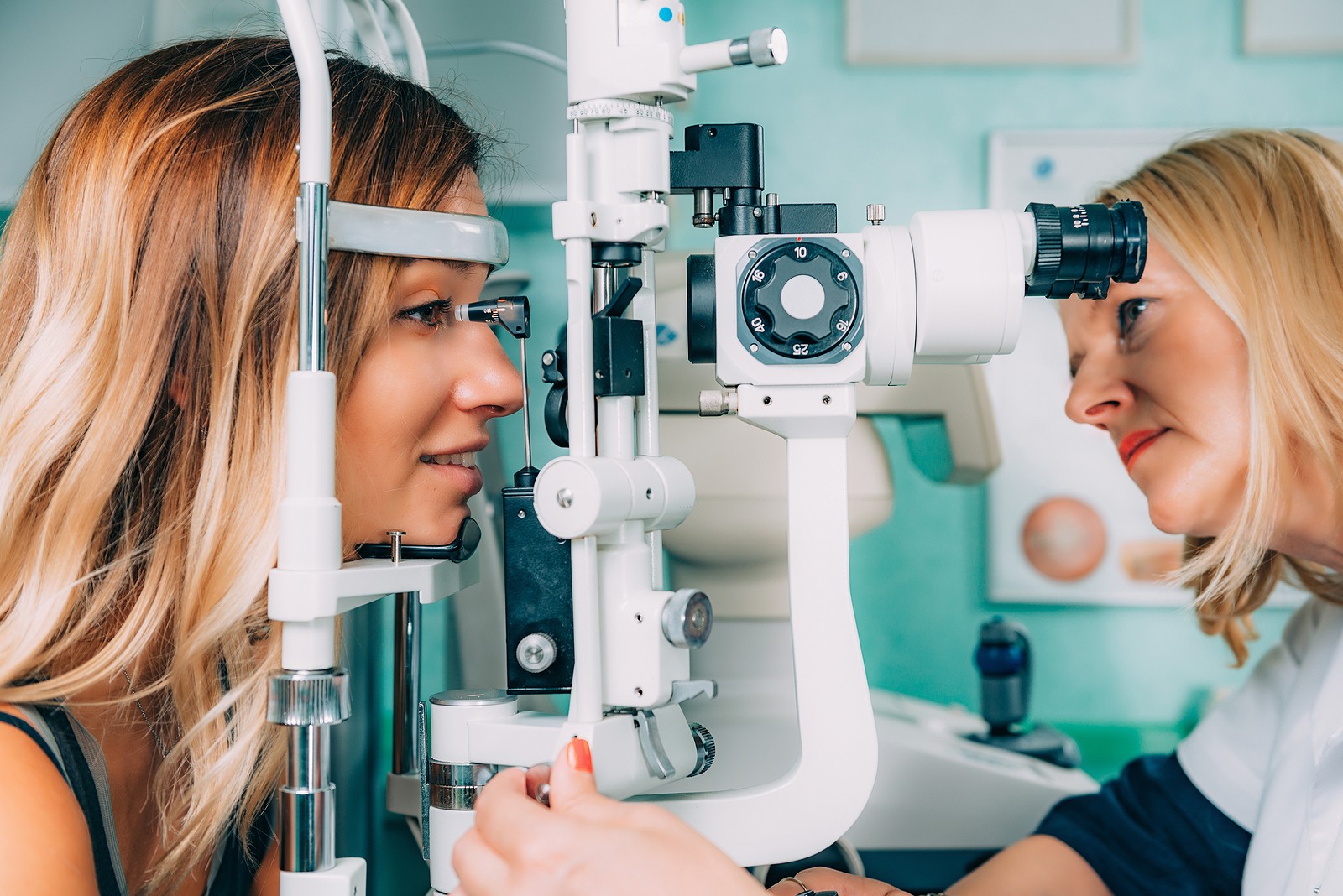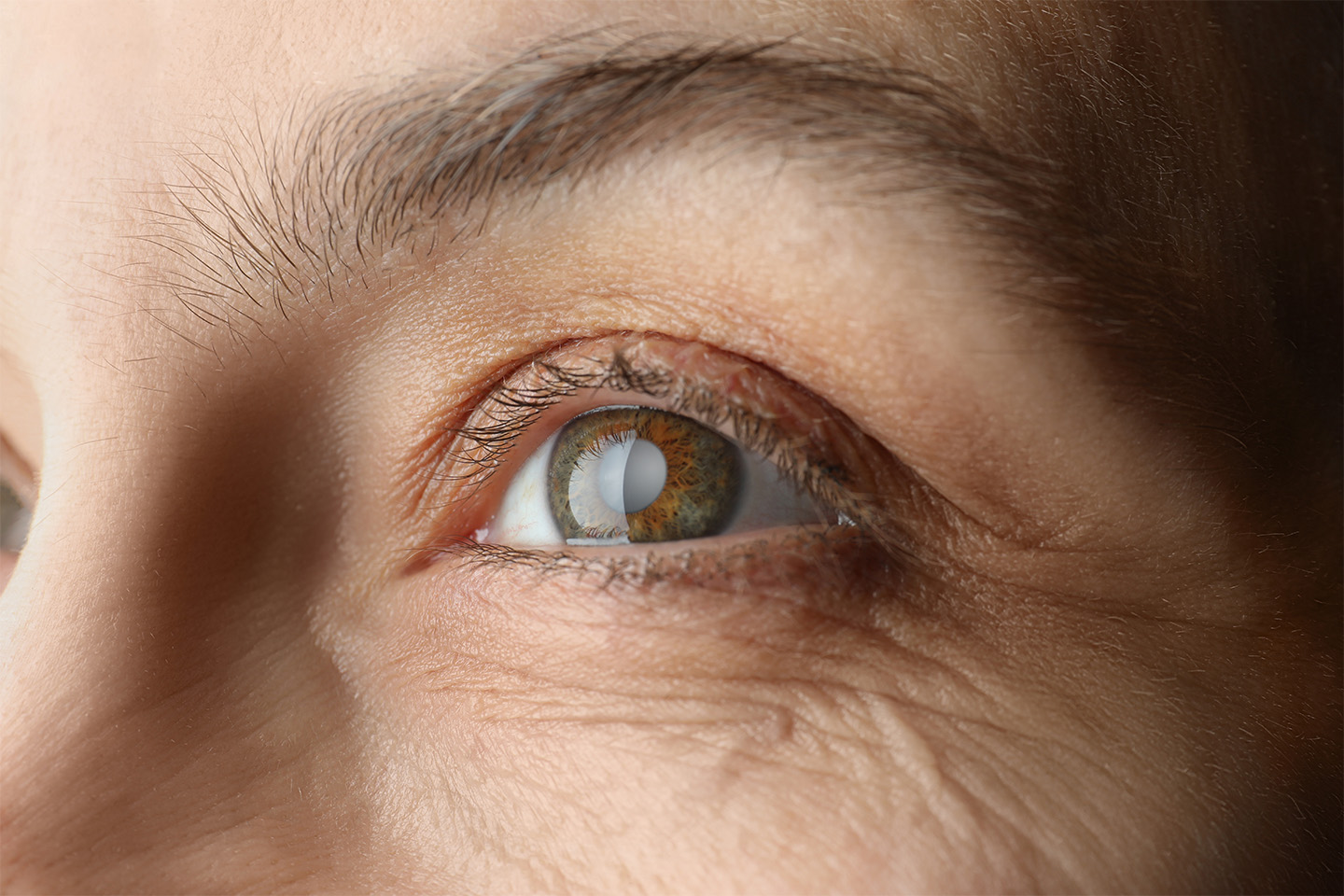10 Common Questions About Glaucoma

Glaucoma is the second leading cause of blindness globally — and nearly 50% of people who have it are unaware that they have it. Although there is no cure for this condition, early diagnosis and swift and appropriate treatment can help preserve vision. The experts in cataract and LASIK eye surgery in Dallas are prepared to detect and help you manage your glaucoma.
Here are 10 frequently asked questions about glaucoma to help you better understand this eye condition.
1. What is the first sign of glaucoma?
The first noticeable sign of glaucoma is typically peripheral (outer) vision loss. However, because this condition rarely shows any signs or symptoms until the late stages, early diagnosis and treatment are necessary to prevent significant damage.
2. What happens if you have glaucoma?
If you have glaucoma, the increased eye pressure begins to damage the optic nerve, which sends images to the brain. In some cases, glaucoma may occur even when the eye pressure is within a normal range. Over time, this damage can reduce your eyesight and result in vision loss or even total blindness.
3. Can glaucoma be stopped?
While glaucoma cannot be cured, it is possible to stop the progression with early treatment. The eye doctors in Dallas will create an individualized treatment plan using eye drops, medications, or laser eye surgery to regulate eye fluid and intraocular pressure (IOP).
These methods will work to preserve your remaining vision but will not restore or reverse any lost eyesight or damage.
4. What is the best treatment for glaucoma?
The best treatment for glaucoma will vary based on the type and severity of your condition. The eye care specialists in Texas will conduct a thorough eye exam and determine the best treatment route for you, ranging from medications to surgery. These are the most common glaucoma treatments:
Eye Drops
This is the most common treatment route and should be administered every day to encourage proper eye fluid drainage and relieve eye pressure. In some cases, the eye doctors in Dallas will prescribe oral medications to take in conjunction with eye drops.
Laser Surgery
In-office laser eye surgery procedures aim to improve fluid drainage and control eye pressure. This procedure is effective for about 80% of patients and will require a repeated treatment after approximately 5 years.
Traditional Surgery
Traditional surgeries will create a new fluid drainage channel to help regulate eye pressure. These surgeries are generally reserved for severe cases or for patients whose eyes do not respond well to drops or laser treatment.
5. What is the main cause of glaucoma?
Glaucoma is mainly caused by high intraocular pressure, which results from an imbalance of fluid coming into and draining out of the eye. However, not everyone with abnormally high eye pressure will develop this condition. And those with normal IOP are still at risk of developing glaucoma.
Some common risk factors associated with glaucoma include:
- Being older than 60
- Having a family history of glaucoma
- Being African American or Hispanic/Latino
6. What foods to avoid if you have glaucoma?
Certain foods can raise intraocular pressure and worsen your glaucoma, so it’s best to avoid them once you have received a diagnosis.
- Trans-fats common in fried foods can harm the blood vessels and result in optic nerve damage.
- Saturated fats in red meats, dairy, lard, etc., can raise your BMI, which is associated with an increased risk of glaucoma.
- Caffeine raises your intraocular pressure and excessive use should be avoided.
- Simple carbohydrates, like bread, pasta, and rice, spike your insulin levels, which can increase your IOP and blood pressure causing damage to the optic nerve.
7. Does sleep position affect eye pressure?
Your sleep position could cause a slight increase in your IOP that affects your eyes during prolonged resting periods. Lying flat with no pillow or in a side-sleeping position is associated with higher pressure in the lower facing eye.
However, researchers have found that elevating the head with just two pillows can offer a 20% reduction in eye pressure.
8. Is exercise bad for glaucoma?
It depends. Cardio exercises that are good for the heart are also good for glaucoma as it may temporarily lower eye pressure and should be included in your everyday routine. However, certain movements and positions are associated with elevated eye pressure, such as inverted yoga poses and heavy weight training exercises.
9. When should glaucoma be treated?
It is important to receive glaucoma treatment as early as possible. Our eye doctors in Dallas will begin treatment as soon as you receive your diagnosis to prevent further progression and allow you to preserve your vision.
10. Does high blood pressure cause glaucoma?
Research has not shown a direct correlation between high blood pressure and glaucoma. On the other hand, there is some evidence that low blood pressure may be a risk factor for glaucoma, particularly if the pressure tends to drop at night. This is due to reduced blood flow, and therefore oxygen, to the nerve.
Regular eye exams with the eye care specialists in Texas at Kleiman Evangelista Eye Centers are essential to detect, treat, and monitor your glaucoma. With swift intervention, many patients are able to hold on to their eyesight for years to come.
[DISPLAY_ULTIMATE_SOCIAL_ICONS]








